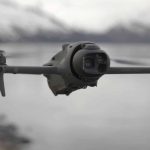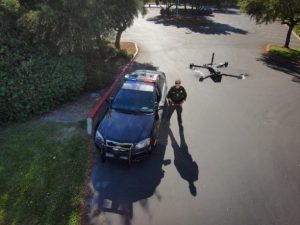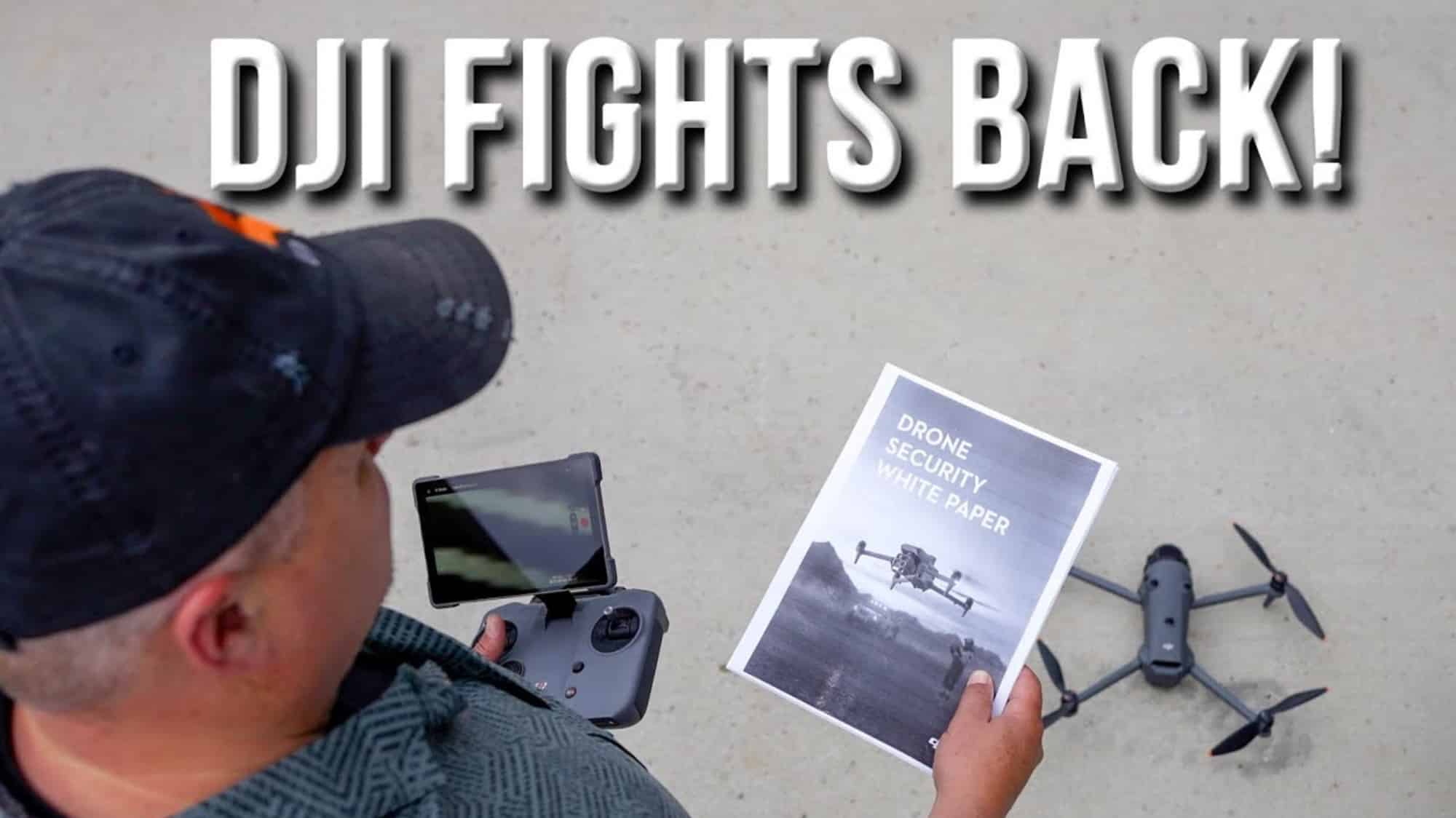DJI’s 2025 Security White Paper: A Game-Changer for Drone Users
If you’re questioning the security of your drone data or feeling overwhelmed by discussions about drone privacy, DJI’s newly released 2025 Security White Paper acts as the definitive guide for your flight safety and peace of mind. As the leading global drone manufacturer, DJI addresses hobbyists, creators, and business operators by affirming their commitment to privacy. These updates serve as more than just technical enhancements—they directly answer some of the most pressing concerns for drone users in 2025.
The Big Picture: Why a Security White Paper?
What is it, and why should you care?
A White Paper transcends a simple PR exercise; it offers a transparent insight into how DJI safeguards your data, privacy, and operational integrity. Originally issued in 2020 and now comprehensively updated, the White Paper addresses ongoing global discussions about drone security, particularly in markets like the United States where regulation and apprehension about foreign-made drones have intensified.
Who’s it for?
Whether you fly a Mini 4 Pro over your property or manage a team of Matrice drones for infrastructure examination, this White Paper is for you. It’s highly relevant for anyone who values data security, operational reliability, and peace of mind when deploying a costly aerial device.
Key Takeaways: What’s Actually New and Game-Changing?
1. No More Auto-Syncing to DJI Servers (U.S. Users, Rejoice!)
Addressing one of the largest concerns among drone skeptics—that data is automatically sent to China—DJI clarifies that, since June 2024, drones operating in the U.S. do not auto-sync data to DJI servers. Your information remains local on your devices unless explicitly shared by you.
Example:
Recreational pilot Alex confirms, “I checked my logs—nothing leaves my phone unless I select sync. After the update, that choice has disappeared. I’m in complete control of my media.”
2. Local Data Mode (LDM): “Airplane Mode” for Your Drone
Activating Local Data Mode ensures no data transmission, much like setting a phone to airplane mode. This guarantees data does not leave your equipment, whether intentionally or inadvertently, offering secure, offline operation.
Importance:
For industries like public safety and energy, maintaining sensitive operations without data leaks underpins data trust and builds institutional security.
3. Enterprise-Grade Encryption for All
Using industry-standard AES-256 encryption, DJI ensures your data’s protection whether beginner or professional. Security measures include:
- Secure boot verifies untampered firmware
- Encrypted logs/media prioritize file security upon loss or theft
- Password-protected media critical for commercial use
4. ISO 27701 Certification: Internationally Recognized Privacy Standard
FlightHub 2, DJI’s management platform for enterprise drones, now holds ISO 27701 certification—acknowledging DJI’s compliance with global privacy management standards.
5. Complete Offline Capability & On-Premises Solutions
With the FlightHub 2 On-Premises solution, organizations keep operational data in-house, optimizing security for sensitive missions through exclusive local data storage.
Addressing the National Security Debate—and Building Trust
DJI has faced intense scrutiny, especially in the U.S., where national security and potential restriction of Chinese-made drones remain pivotal concerns. The White Paper takes a clear stand, demonstrating that user information does not transmit to DJI servers unless explicitly directed by the user. Notably, starting June 2024, even optional syncing is unavailable for U.S. operators.
DJI is opening itself to independent U.S. security audits, manifesting its commitment to transparency and trust.
Security Features: For Hobbyists, Pros, and Everyone in Between
| Feature | Hobbyist Drones (Mini, Mavic) | Enterprise Drones (Matrice, Dock) | FlightHub 2 (Enterprise) |
|---|---|---|---|
| Data Encryption | AES-256 | AES-256 + offline storage options | AES-256 + ISO 27701 certified |
| Local Data Mode | Yes | Yes | Yes |
| No Auto Sync (US) | Yes | Yes | Yes |
| Secure Boot | Yes | Yes | Yes |
| Password Protection | Yes | Advanced options (media, logs) | Configurable by admin |
| On-Premises Server | No | Yes (FlightHub 2 On-Premises) | Yes |
| Third-Party Audits | Yes (applies to all products) | Yes | Yes |
Expert Tip:
Even hobbyists now enjoy security features once reserved for enterprise, as DJI champions protection for all users.
Real-World Impact: Case Studies & Stories
- Utility Company, U.S. Midwest:
Using FlightHub 2 On-Premises, inspection data from transmission lines is securely stored, facilitating compliance with privacy legislation. - Fire Department, Europe:
While employing Matrice drones for emergency responses, privacy is prioritized through audit logs and media protection, enhancing public trust. - Creator, California:
Privacy assurance in DJI’s data protocols instills confidence for drone vloggers, enhancing user experience.
Industry Implications: Setting a New Standard
DJI’s Security White Paper sets a precedent in the drone industry, pushing competitors to meet these high privacy and security benchmarks in order to maintain customer trust.
Why This Matters for the Future
Businesses benefit from reduced compliance difficulty, easier audits, and operational independence from external data storage. For consumers, user privacy in recreational and project activities is better ensured. Regulators witness a public, technical dedication to global privacy standards.
The Human Side: DJI’s Pledge to Its Users
DJI sincerely invites users to explore the DJI Trust Center and delve into the White Paper, which adapts to specific drone models, software development kits, and encryption protocols to build user trust and demonstrate transparency.
Final Thoughts: Should You Trust DJI After This White Paper?
DJI’s 2025 Security White Paper extends beyond a technical update—it’s an industry statement and a pledge to user trust. It reaffirms that personal drone data remains private unless users decide otherwise, and the entire industry must now respond to this set standard.













